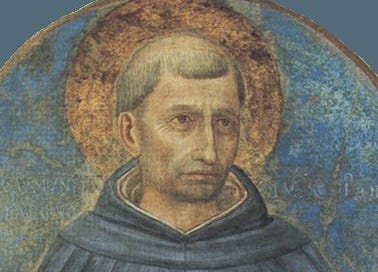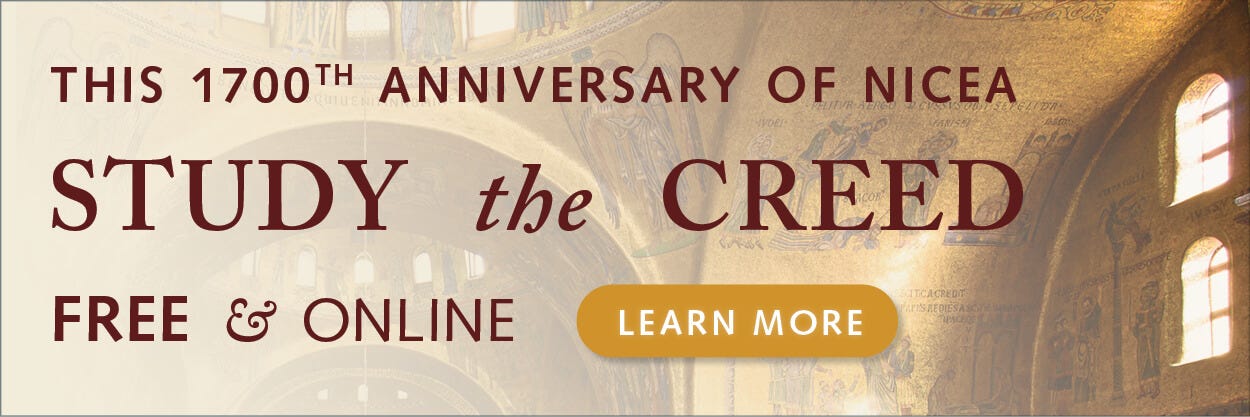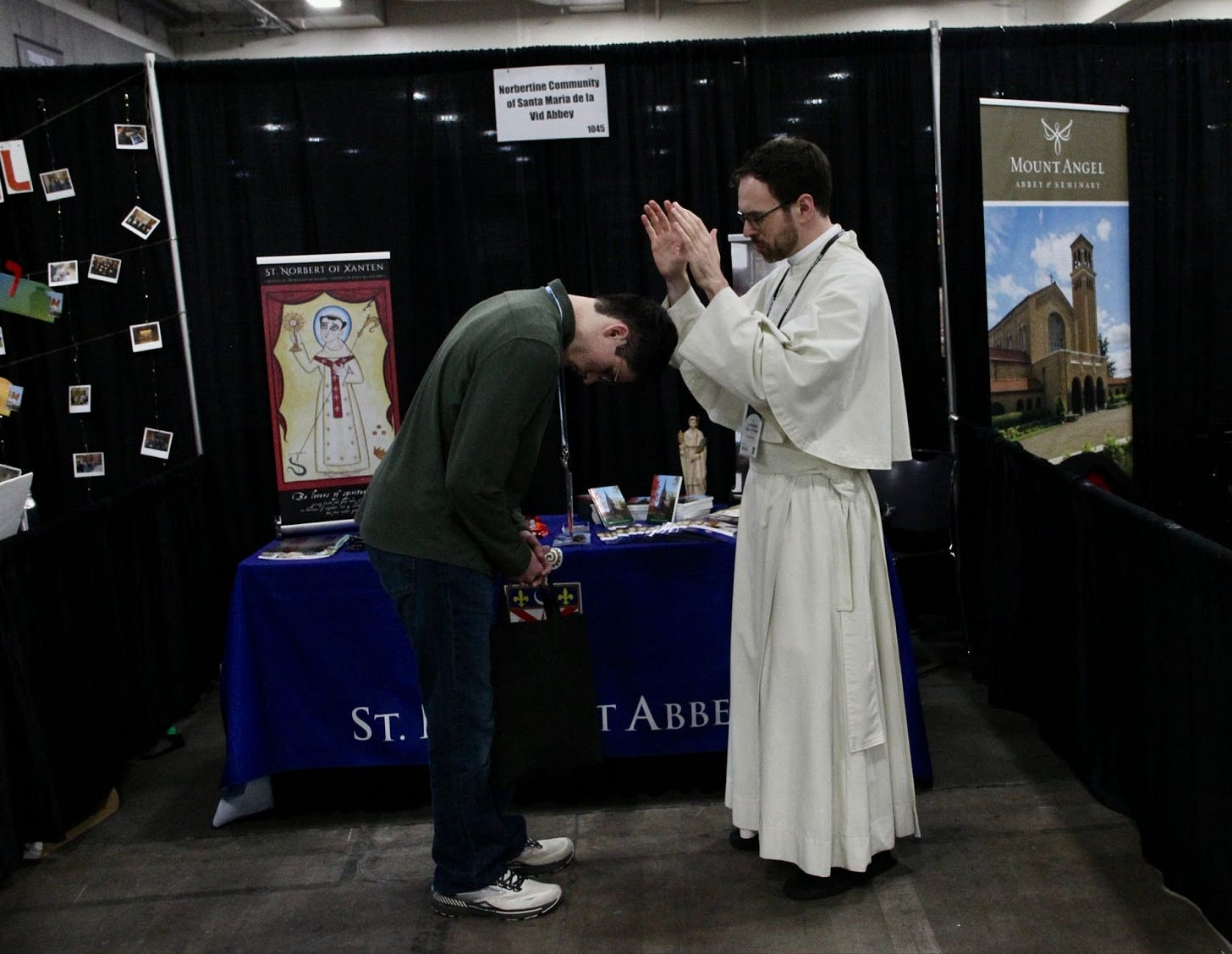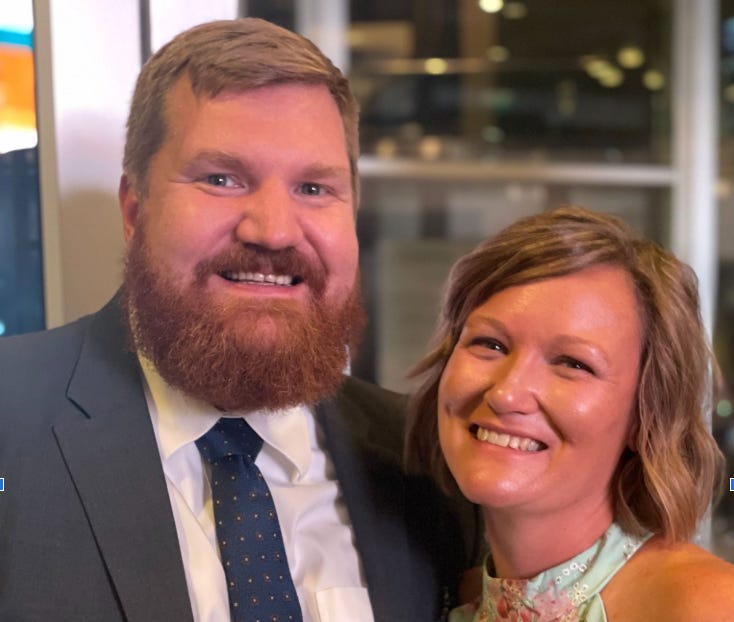
Pillar subscribers can listen to this Pillar Post here: The Pillar TL;DR
Hey everybody,
Today is the feast of St. Raymond of Peñafort, and you’re reading The Tuesday Pillar Post.
St. Raymond was a Dominican friar who lived 100 years, from 1175 to 1275. In that century, he was one of first Dominicans, a confessor and consultant to kings, the master of the Dominican Order, and a pal of St. Thomas Aquinas, his slightly more famous confrere.
But here’s why St. Raymond’s life was really important. In the days of yore, both canon and civil law were tricky subjects to understand, to study, and to apply. Law existed by the decrees of the lawgiver, and it also existed by long-standing customs applying or living that law. There were different lawmakers at different levels and in different spheres, so some subjects would be bound by more than one law.
And when laws were made, their decrees would circulate, but after that, they might be stuck in a drawer somewhere and forgotten. This meant that it wasn’t always easy to know what the law was, and that often led to unintended chaos. So in 1200, Pope Gregory IX ordered Raymond to create a new canonical collection of pontifical legislation, which Gregory then promulgated as an authoritative source of canon law.
That collection formed the basic backbone of canonical legal sourcing for centuries, up until the promulgation of the 1917 Code of Canon Law, rendering easier the application of clear, transparent, ordered justice in the life of the Church.
Why does that matter? It matters because justice is the virtue by which we act properly both towards God and our fellow men. Living justly with God orders us toward holiness, and living justly with one another promotes the common flourishing of the Church — we can hardly accomplish our sacred mission if we don’t begin by having rightly ordered relationships with one another.
Further, living as a Church in justice with one another is a sign of the credibility of the Gospel. Treating each other unjustly diminishes the Gospel’s credibility. If we’re going to be the people who say that man has “infinite dignity” — as the DDF put it last year — then we have to demonstrate we believe that’s true, namely by treating one another with enough dignity as to be accorded justice.
If you ask most canonists, they’ll say that ecclesiastical rule of law has had a rough go in recent decades. First, we suffered from a kind of age-of-Aquarius antinomianism in the post-conciliar period, the 1970s and 1980s especially. Just as we got over that, we began to face another danger: the politicization of the law, in which law seems to be applied inconsistently, unpredictably, and even retributively, according to political considerations among the Church’s leaders.
If you ask me, both of those tendencies make it harder for the mission of the Church to advance. And whenever the rule of law declines in a society, people get hurt. That’s a reality, in the Church and outside it.
We would benefit today from St. Raymond’s prayers — from the man who understood that law can encourage real devotion, relieve distress, and advance the Gospel.
May he intercede for us.
The news
Pope Francis on Monday appointed Cardinal Robert McElroy the eighth Archbishop of Washington, as he announced the retirement of Cardinal Wilton Gregory.
At The Pillar, we reported on Sunday night that we had confirmed the appointment was coming. You can read that here.
And on Saturday, we were the first news outlet to report that McElroy’s appointment was expected among U.S. bishops, in an analysis that broke down the back-and-forth of deliberations about Washington, and the long history of expectations that McElroy would leave San Diego.
I’ll have more to say about this appointment in just a little bit, and we’ll continue to break things down for you this week. For now, you can read our appointment reporting here.
To mark the 1700th anniversary of the Council of Nicea, the Institute of Catholic Culture invites you to join us as we explore the Nicene Creed—Christianity's most profound profession of faith. For nearly two millennia, the Creed has united believers in the saving truths of Jesus Christ. Our journey begins January 14th.
Thousands of college students — almost 20,000 in total — gathered last week for the FOCUS organized SEEK conference, both in Salt Lake City and at a satellite location in Washington, DC.
We had student reporter Jack Figge on the ground in the Beehive State, and he’ll be filing dispatches this week.
Next, Jack pulled back the curtain, to talk with logistics planners about what it takes to put on SEEK conferences — and why one FOCUS staffer is already focused on SEEK 2030, five years away. If you’re like me, and you like knowing how things like this actually happen, this is great reporting, and worth a read.
Sr. Simona is, as you’ve probably surmised, a woman — and her appointment marks the first time a Vatican dicastery will be led by a woman.
—
When you’re finished with that, read analysis from Ed Condon on how the pope may have settled long-running debates about lay governance and holy orders, by appointing both Sr. Brambilla and a pro-prefect for the dicastery, Cardinal Angel Fernández Artime, S.D.B.
Ed’s thesis, and I think he’s right, is that the pope has effectively appointed the Church’s first c. 517 §2 prefect — with Sr. Simona for the leadership, and Cardinal Fernandez to sign off on the matters that might require the power of governance which comes through orders. If that’s the, the pope will have closed the door on more radical proposals regarding authority in the Church, namely those which seemed to split orders from authority altogether.
You can read Ed’s analysis right here.
His sentencing comes as persecution against Christian communities continues to rise in the Eastern European nation. Read all about it.
—
Pope Francis published last year Dilexit nos, a widely acclaimed encyclical letter on the Sacred Heart of Jesus. To discuss the encyclical, The Pillar talked last week with Archbishop Francisco Cerro Chaves, one of Spain’s best-known spiritual authors, and the author of several books on the Sacred Heart.
Archbishop Cerro Chaves told The Pillar that “the Sacred Heart is the essence of the Gospel, of Christianity,” — and that the pontiff’s text “expresses a desire to focus our gaze on Jesus Christ, on his redeeming heart, a gaze that refocuses on that mystery of love which is the living heart of Christ.”
“Why has devotion to the Sacred Heart declined?” the archbishop asked rhetorically.
“Well, many things are said. Sometimes it is said that it has fallen because the images lack beauty, but I think it is because the spiritual activity of Christians has fallen. When this spiritual awareness increases, the person encounters the living Jesus Christ, as Benedict XVI says: one begins to be a Christian from an encounter with Christ that changes one's life.”
This is an insightful conversation with an archbishop worth hearing from. Read the whole thing here.
‘That was easy’
We’ll continue to cover this week the landmark appointment of Cardinal Robert McElroy to Washington, DC, namely how it happened, and why it matters.
For now, allow me two observations.
First, appointment to Washington, D.C. is of national significance because the see is more than that of just a typical east coast city — it’s the nation’s capital, and its Catholics include some of the most powerful and influential people in American public life. How they’re led, shaped, formed, and directed does influence the Church across the country.
But I’ve been thinking about a particular element of the McElroy appointment that will almost certainly impact the Church across the United States.
McElroy, as is well-known, is deeply interested in American politics, generally opposed to the Trumpian point of view, generally willing to roll up his sleeves and get involved, and almost always willing to say what he thinks. It’s reasonable to expect that the D.C. archbishop will make unambiguous statements when he thinks the White House has done something it shouldn’t, and it’s reasonable to conclude that’s why the pope put him in Washington to begin with.
The U.S. bishops, for their part, have set up for themselves a system of lobbying and working with the White House, Congress, and federal agencies, through the public affairs office of the USCCB.
When very big issues arise for the Church, like our budding visa problem, that USCCB office is charged with trying to craft a fix, on behalf of all the bishops, and in a manner seemingly considered by them, or at least tacitly approved by them.
For most bishops, the conference’s lobbying efforts are their best shot at advancing their interests, or solving their problems, in Washington — like the USCCB or not, that’s what the bishops have set up for themselves, so that the federal government has one point of contact with “the Church,” and one channel through which to work on issues of interest or concern.
One American bishop, though, is always in a unique position to set himself up as a competing point of contact, or a rival pole of power: The Archbishop of Washington.
While the conference aims to establish itself to federal agencies and the White House as the voice of the bishops, the Archbishop of Washington is usually in a position to thwart that — to call the White House, say that he’s the region’s cardinal, and that he’s the right person for political leaders to deal with on ecclesiastical-adjacent matters.
The last thing that pols want is to choose between different voices representing themselves as the Church — they just want to know who their go-to guy is supposed to be. And while the conference has professional lobbyists, they’re lay people, and none of them has the trappings, titles, pomp, and authority of the College of Cardinals. So if the cardinal archbishop of Washington wants to stymie USCCB efforts in Washington, or insert himself in the process, he can do so very easily. If he wants to be invited to the table anytime the USCCB is working with the White House, he can pretty easily make that happen.
Outgoing Cardinal Wilton Gregory, for his part, did not involve himself especially often in conference work on “the Hill,” or on Pennsylvania Avenue. But Cardinal Wuerl, and former cardinal Theodore McCarrick, were notorious for putting themselves into the process, and for the way in which that shaped and impacted the Church’s relationship with the federal government.
I expect McElroy to involve himself significantly in ecclesiastical conversations with the White House, Congress, and with federal agencies. In fact, I expect that’s rather the point of his appointment. How that will go remains to be seen.
—
After his appointment was announced yesterday, McElroy held a “virtual press conference” by Zoom, at which he answered two questions, one from Religion News Service on environmental justice and one from Crux on Trump.
Two questions. After that, Cardinal Gregory got one question about his retirement plans, and then the press conference came to an end. That was it. Just the two questions for the new archbishop.
Before the Zoom ended, Cardinal McElroy leaned over a hot mic toward Cardinal Gregory, to offer his assessment of the affair:
“That was easy,” the cardinal said.
Yes, it was. Two question press conferences are usually pretty easy. Especially if neither of those questions involve the specifics of promised transparency from an archdiocese which has spent five years declining big questions on its former leader.
That was easy, I’ll bet.
But McElroy, for his part, has crafted a reputation as someone who’s not afraid of things that are hard: he’s cast himself as a prelate willing to go to the mattresses for the things that matter to him.
He’ll likely be advised in Washington to continue taking very few questions, to avoid questions on McCarrick and his archdiocesan records, and to see anyone asking those questions cast as an obstructionist gadfly.
McElroy himself has to decide whether to take that advice. Doing so might be easy, as he proved to himself yesterday — but the cardinal himself has to decide whether it’s right.
—
In the meantime, the approach of that first press conference suggests to me the reason why a faithful, serious, subscriber-funded Catholic press is needed in the first place. We have so much work to do towards transparency and public accountability in the Church.
We have so much work to do towards the kind of ecclesial society St. Raymond envisioned. And our small news team at The Pillar needs more manpower. to do our part.
Our aim for 2025 has been to bring on more journalists, who can contribute right away to the kind of investigative reporting and analysis that makes a genuine difference in the Church’s life. I’m more convinced than ever how important that mission is.
We believe the Church needs reform and renewal, and we’re committed to our mission. But if you agree, we need you on the team, empowering The Pillar to aim for accountability, transparency, and truth in the life of the Church.
Please, subscribe today, and support our growth. We have so much work to do. It matters now, I hope that’s clear.
Was THAT easy?
If you would, please pray for my family today as well. Mrs. Flynn and I are celebrating today our 19th wedding anniversary — and we’re doing so with a small family getaway for a couple of days this week. I’m out of the office today, but I’ll be back on Thursday.
I married a woman who is holy, virtuous, good-humored, adventurous, and beautiful. And most of the great blessings of our life have come through her openness to extraordinary invitations from the Lord.
Marriage isn’t easy — for anyone, in any era, or with any spouse. But I’m blessed, because I can look back on 19 years and say: “That was beautiful.”
“Beautiful” is so much more important than easy. I hope our first 19 years are just the beginning.
In the meantime, please be assured of our prayers. And please pray for us. We need it.
Yours in Christ,
JD Flynn
editor-in-chief
The Pillar














Quote of the day: Treating each other unjustly diminishes the Gospel’s credibility.
!!
"If he [Cardinal McElroy] wants to be invited to the table anytime the USCCB is working with the White House, he can pretty easily make that happen."
-It seems like this could very easily lead to the complete diminishment of the see's influence. The incoming White House press corp, Trump, or JD Vance could easily release the following statement (tact and diplomatic style has been duplicated):
"We congratulate Cardinal McElroy on his appointment to lead the Archdiocese of Washington. After listening to his current and past statements, we regard him to be a theological and moral dunce. All communication and cooperation with the Vatican and other international dioceses will be done through Cardinal Pierre and our representative Brian Burch. All national policy discussion will be through the USCCB and their delegated representatives.
With this in mind, Cardinal McElroy is not welcome to any of these meetings, and any statements he makes will be considered nothing more than the bluster of one straining for relevance without substance. All statements from him will be promptly ignored by the administration."